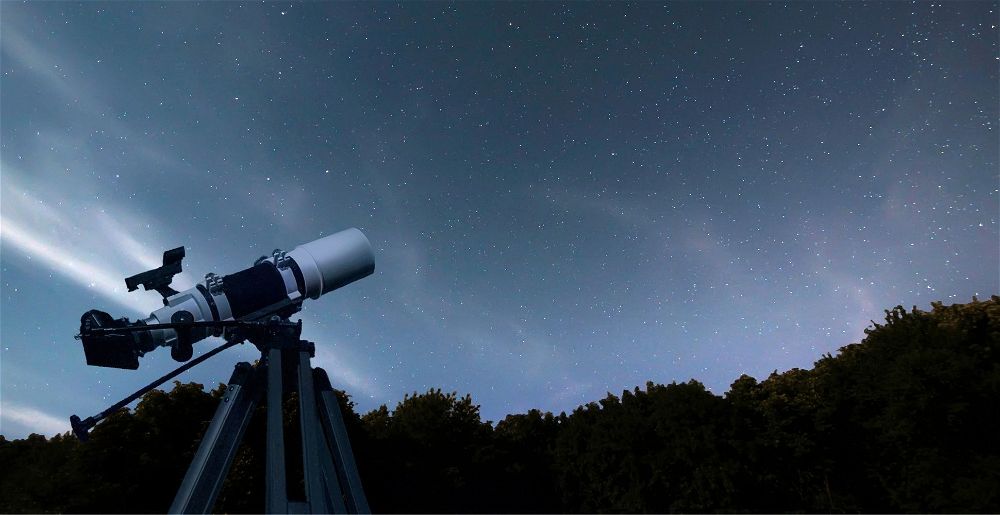Backyard Astronomy Stargazing Tips And Telescope Recommendations

If you are looking for a fun and educational activity to do with your family, backyard astronomy is a great choice. All you need is a clear night sky, a telescope or binoculars, and a little bit of knowledge to get started. In this article, we will provide you with tips and tricks for backyard astronomy, as well as answers to common questions about the hobby.
How to Get Started with Backyard Astronomy
The first step to backyard astronomy is finding a clear night sky. You want to avoid light pollution as much as possible, so try to get away from urban areas and find a dark, open space. Once you have your viewing spot set up, you will need a good telescope or binoculars. The quality of the instrument can make a big difference in what you are able to see, so invest in a good one if possible.
Next, you will need to do some research to find out what you can expect to see in the sky on the night you plan to stargaze. There are a number of websites and apps that can provide you with information about the current night sky, such as Astronomy.com or Sky & Telescope.
Once you have your equipment and your viewing spot set up, it is time to start stargazing. Make sure to give yourself plenty of time, as it may take a while to get used to using your telescope or binoculars. Start with easy-to-find objects like the moon or bright stars, and then move on to more challenging objects like planets or galaxies.
Tips and Tricks for Backyard Astronomy
Here are some tips and tricks to help you get the most out of your backyard astronomy experience:
- Check the weather forecast before you go out to stargaze, as clouds or rain can ruin your night sky view.
- Use a red flashlight instead of a white one, as red light preserves your eyes' ability to see in the dark.
- Take breaks to give your eyes a rest, as they can become fatigued from focusing on distant objects for long periods of time.
- Keep a notebook handy to write down what you see and when, so you can keep track of your stargazing progress over time.
- Join a local astronomy club to meet other backyard astronomers and learn more about the hobby.
Frequently Asked Questions About Backyard Astronomy
What is the best time to stargaze?
The best time to stargaze is during a new moon, when the sky is darkest. You can find out when the next new moon will occur by checking a lunar calendar.
What can I expect to see through my telescope?
You can see a wide variety of objects through a telescope, including the moon, planets, galaxies, nebulae, and more. However, what you can see will depend on the quality of your telescope and the clarity of the night sky.
Do I need to have a lot of knowledge about astronomy to enjoy backyard stargazing?
No, you don't need to be an expert in astronomy to enjoy backyard stargazing. However, it can be helpful to do some research before you go out so you know what to look for.
Do I need a special kind of telescope for backyard astronomy?
No, you don't necessarily need a special type of telescope for backyard stargazing. However, it is important to choose a high-quality instrument that suits your needs and budget.
Is stargazing safe for children?
Yes, stargazing is safe for children as long as proper safety precautions are taken. Make sure children are supervised at all times, and avoid using high-powered telescopes that could cause eye damage if used improperly.
Can I stargaze without a telescope?
Yes, you can stargaze without a telescope. In fact, many backyard astronomers prefer to use binoculars or even just their naked eye to view the night sky.
How can I track the movement of stars and other objects in the sky?
There are a number of websites and apps that can help you track the movement of stars and other celestial objects. Some popular options include Stellarium and SkyView.
Backyard astronomy is a great hobby that can provide hours of entertainment and education for the whole family. With a little bit of knowledge and some basic equipment, you can explore the wonders of the universe from your own backyard.


Post a Comment for "Backyard Astronomy Stargazing Tips And Telescope Recommendations"